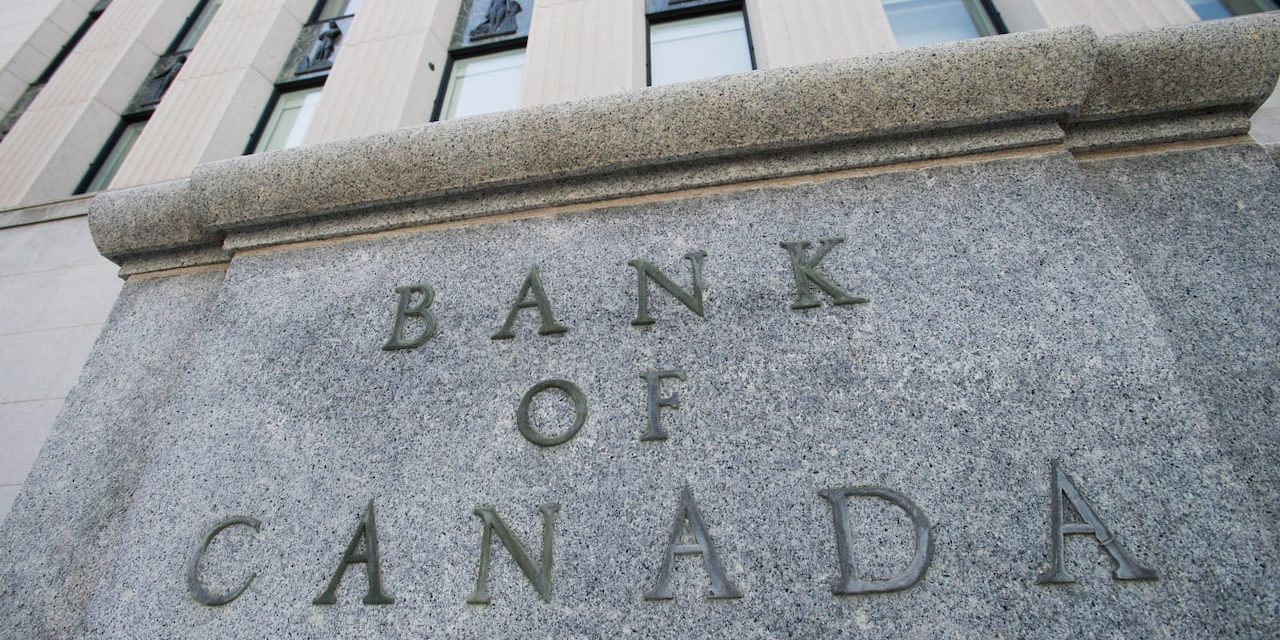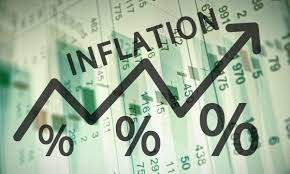Central banks throughout the globe have been resorting to aggressive measures to stem the rapidly rising tide of inflation affecting the global economy.
The Bank of Canada is the most recent institution to do so, as it raised its benchmark interest rate by 100 basis points as of July 13th.
According to a statement on the Bank’s official website, overnight and standard deposit rates are now pegged at 2.5%, while the regular bank rate is now at 2.75%. The statement also noted that inflation in the country has been higher and more persistent than previously forecast in April of this year and is likely to stay within the 8% range over the next several months.
The rate hike is the largest imposed by the Bank in over two decades and comes hot on the heels of two consecutive hikes of around 50 basis points each.
Driven by Indicators
Financial experts are not surprised by the massive rate hike, pointing out numerous indicators have reinforced the possibility over the past several months.
In May of this year, Canadian inflation soared to around 7.7%, well beyond the expectations of both economists and analysts. This was the largest year-over-year increase for the economy since January 1983. Experts also predicted that inflation would breach the 8% mark in June.
A tight job market – another key harbinger of inflation – remains in place despite a notable decrease in unemployment and an increase in wages for numerous industries. This development prompted Capital Economics’s head of Canadian economics Stephen Brown to predict a much larger hike in interest rates despite recent decreases in the prices of basic commodities.
Other Factors
While all these indicators have had their part to play in the Bank of Canada’s decision to hike interest rates, current global affairs have also significantly impacted the nation’s economy.
The still-unresolved conflict between Russia and Ukraine is one such factor, as are the continued disruptions to the global supply chain, which has driven up the prices of many necessities.
On a domestic level, several components of Canada’s consumer price index (CPI) have increased by more than 5% as increased demand for food, water, and power has become more prominent in recent weeks. This broadening of price pressures has driven the Bank’s core measures for inflation by around 3.9% to 5.4%.
Business and consumer surveys also indicated that people expect inflation to remain high for an undetermined period – a supposition that, in turn, raises the possibility that surging inflation may further influence the setting of both wages and the price of consumer goods. In this case, Bank officials feel that the cost of restoring stability to the prices of these goods may be a lot higher than they expect.















